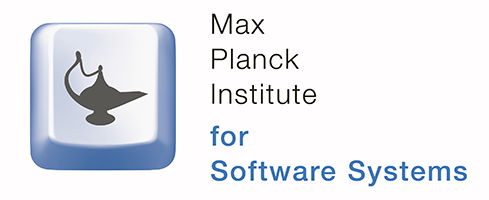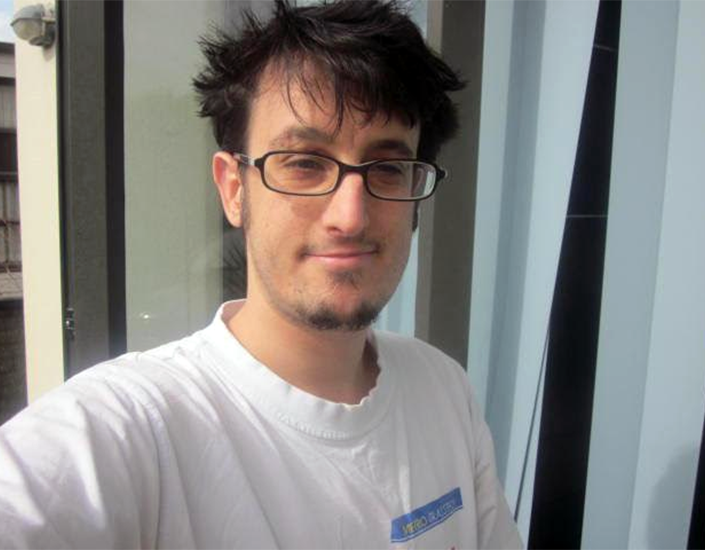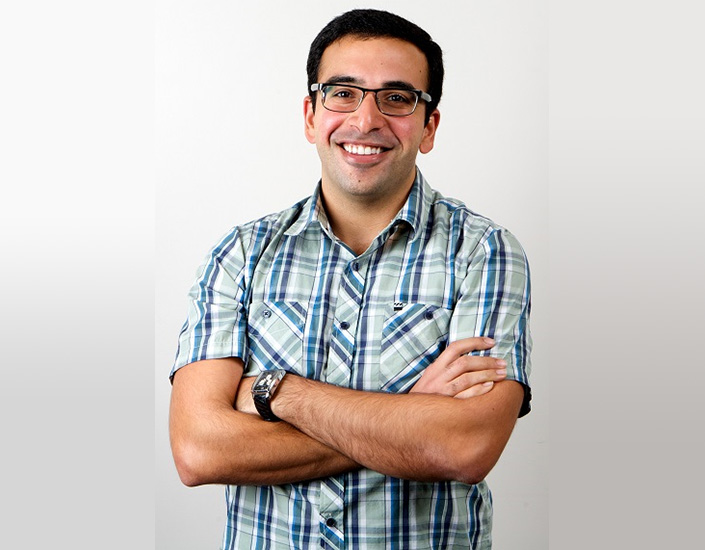 Nima is currently the Viterbi Fellow of Digital Medicine at the Scripps Translational Science Institute, where he is kick-starting new research and engineering efforts related to the use of wearable and passive sensing devices in healthcare. As the first engineer to be working on mHealth related efforts at STSI, he works closely with a team of physicians and statisticians across STSI and the Scripps Health hospital system to develop new technologies that address the needs of patients and physicians. He believes that patient collected data, from outside the clinical setting, will play a major role in ensuring that the future of medical care is both scalable and affordable. Reaching that point will require advances in sensing technologies, user-context recognition, energy-management, and machine learning. His research focuses on the development of new sensing devices (particularly those related to air quality and respiratory health monitoring) and analytical techniques for turning the data collected by phones, wearables, and in-home devices into actionable information for physicians and researchers.
Nima is currently the Viterbi Fellow of Digital Medicine at the Scripps Translational Science Institute, where he is kick-starting new research and engineering efforts related to the use of wearable and passive sensing devices in healthcare. As the first engineer to be working on mHealth related efforts at STSI, he works closely with a team of physicians and statisticians across STSI and the Scripps Health hospital system to develop new technologies that address the needs of patients and physicians. He believes that patient collected data, from outside the clinical setting, will play a major role in ensuring that the future of medical care is both scalable and affordable. Reaching that point will require advances in sensing technologies, user-context recognition, energy-management, and machine learning. His research focuses on the development of new sensing devices (particularly those related to air quality and respiratory health monitoring) and analytical techniques for turning the data collected by phones, wearables, and in-home devices into actionable information for physicians and researchers.
There is a great deal of variance in how individuals interact with technology and the world around them, making the evaluation of context-recognition systems, energy-saving optimizations, and other systems research extremely challenging. The large and diverse CrowdSignals.io dataset, collected by real users in the field, will help us develop more accurate models of how people interact with technology, one another, and the world around them. In particular, the data will be extremely valuable in our dynamic energy-management work, which adjusts sensor and application behavior based on user-context, interaction, and device state.
Learn more:
Homepage at Scripps
Connect with Nima on LinkedIn
Follow Nima on Twitter

 TwoSense was founded in 2013 by Dawud and Ulf, two researchers in the field of personal data analytics. They saw an imbalance in the quality and quantity of data that was available to large corporations, and the utility that was being offered to users from the majority of businesses they interact with.
TwoSense was founded in 2013 by Dawud and Ulf, two researchers in the field of personal data analytics. They saw an imbalance in the quality and quantity of data that was available to large corporations, and the utility that was being offered to users from the majority of businesses they interact with.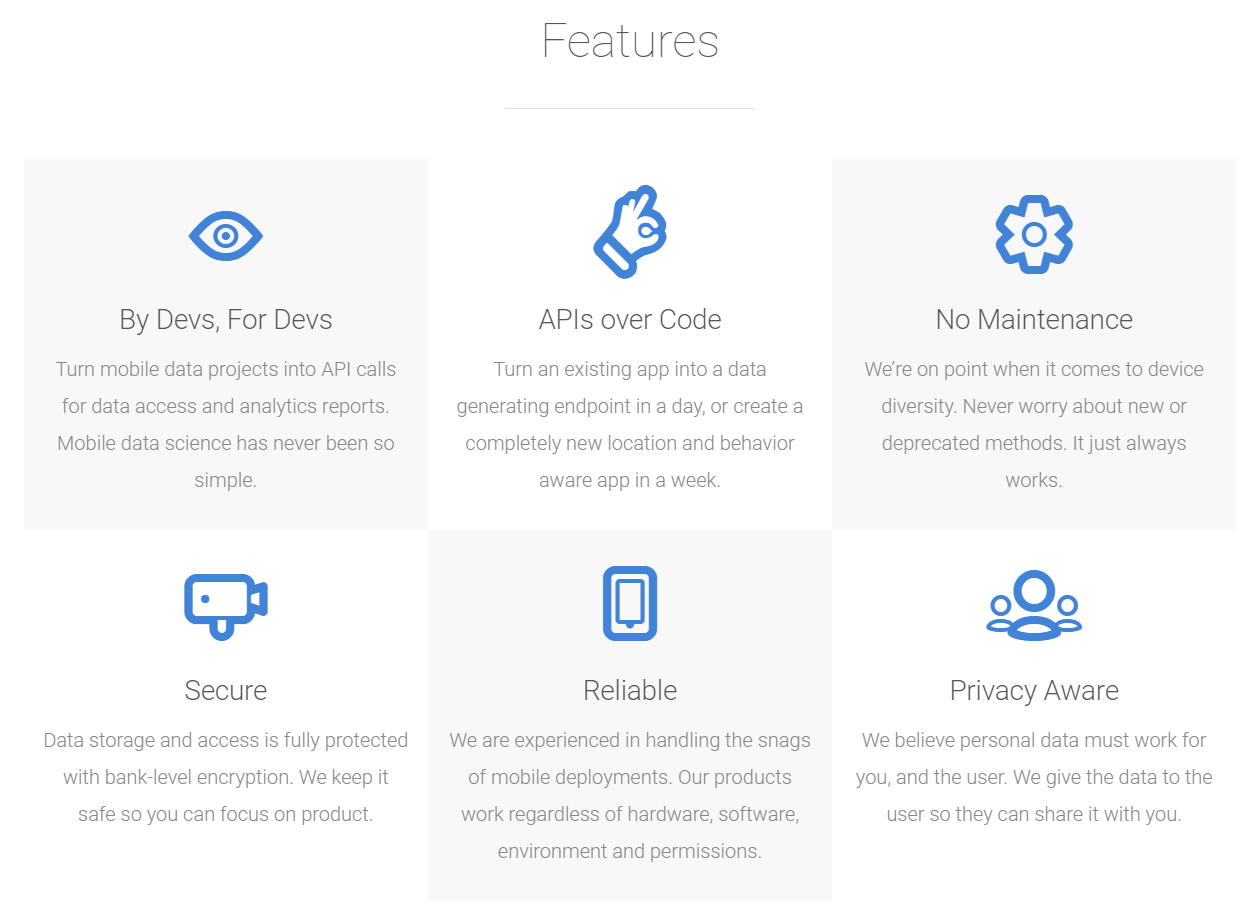

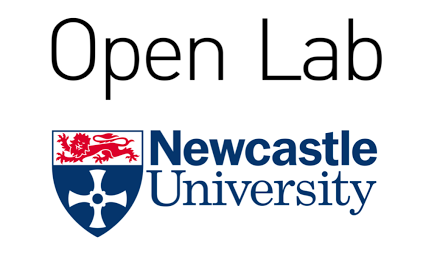
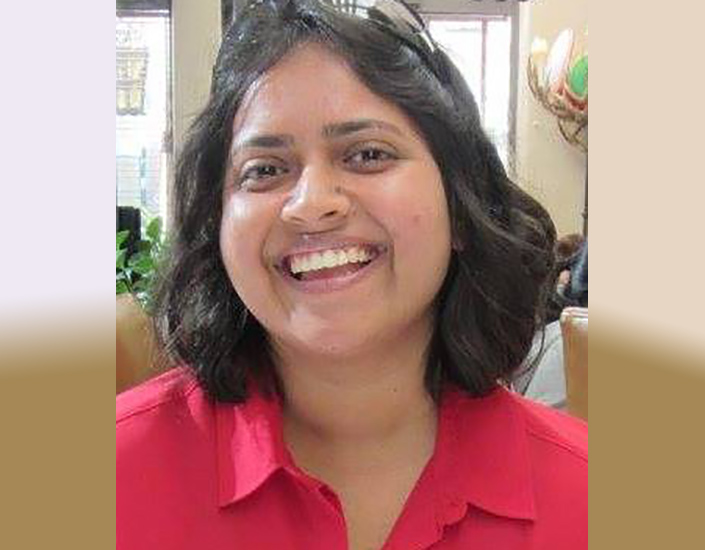 Rijurekha Sen is a post-doctoral researcher at Max Planck Institute for Software Systems, Germany. She generally works with mobiles and sensors to build applications related to road traffic monitoring, energy measurement and targeted advertising in the retail sector. The technical skills involved in her kind of work are smartphone programming and embedded systems design, sensor data processing using applied machine learning, wireless networking to connect sensors and backend servers and data visualizations on static and interactive maps. There are some logistic skills involved in deploying the systems that she implements, in collaboration with government organizations or startups. Recently, she is working on mobile data privacy to see if cool mobile applications can be supported, even after ensuring data privacy! She is also interested in auditing mobile services and apps created by third parties to measure their functionality and privacy properties as an independent researcher.
Rijurekha Sen is a post-doctoral researcher at Max Planck Institute for Software Systems, Germany. She generally works with mobiles and sensors to build applications related to road traffic monitoring, energy measurement and targeted advertising in the retail sector. The technical skills involved in her kind of work are smartphone programming and embedded systems design, sensor data processing using applied machine learning, wireless networking to connect sensors and backend servers and data visualizations on static and interactive maps. There are some logistic skills involved in deploying the systems that she implements, in collaboration with government organizations or startups. Recently, she is working on mobile data privacy to see if cool mobile applications can be supported, even after ensuring data privacy! She is also interested in auditing mobile services and apps created by third parties to measure their functionality and privacy properties as an independent researcher.